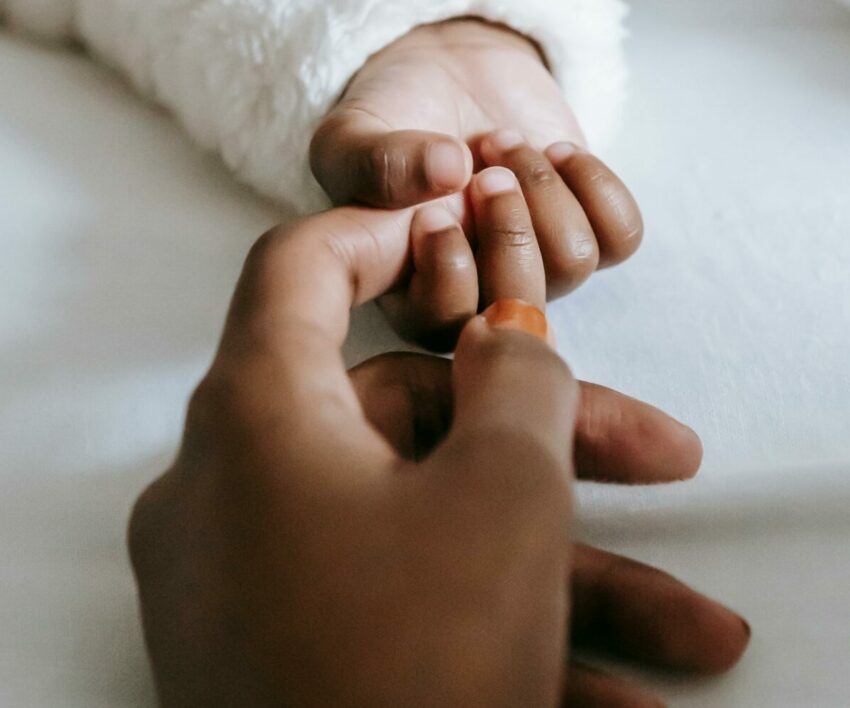
As a first-time parent, protecting your baby’s health is your top priority—and vaccinations are one of the most effective ways to do just that. With so many vaccines recommended during those crucial early months, it’s easy to feel overwhelmed.
However, each one plays a vital role in shielding your little one from serious illnesses and building their immune system. Have a look at the must-have vaccines for your baby, breaking down what they’re for, when they’re given, and why they matter—so you can parent with confidence and peace of mind.
The Unicef publication stated that Bacillus Calmette Guerin (BCG) is a single-dose vaccine administered via injection on the upper arm, protecting against tuberculosis, but may cause side effects. This vaccine is given to the baby at birth. The Oral Polio Vaccine (OPV) is also said to be administered at birth, followed by Hepatitis B via injection.
The above source states that the Hepatitis B injection protects against the highly infectious poliovirus, primarily affecting children aged 5 and below. “Other than some redness and soreness where the injection was given, side effects are rare. It’s an inactivated (dead) vaccine, so it cannot cause the infection itself.”
According to the WebMD, the Hib vaccine protects against Haemophilus influenzae type b, which causes brain and spinal cord infections. The pneumococcal vaccine is said to protect against Streptococcus pneumoniae, which results in meningitis and pneumonia. These vaccines are given at different intervals, ranging from 2 months to 6 years, according to the above source.
The above publication continues to explain that the MMR vaccine protects against measles, mumps, and rubella, which can cause serious complications. “The MMR vaccine is recommended between 12 and 15 months and between 4 and 6 years.”
Chickenpox, once a painful childhood rite of passage with serious complications like pneumonia and encephalitis, can be reduced due to the varicella vaccine, affecting its prevalence, WebMD further adds.
Also see: Reasons to delay a newborn’s first bath




